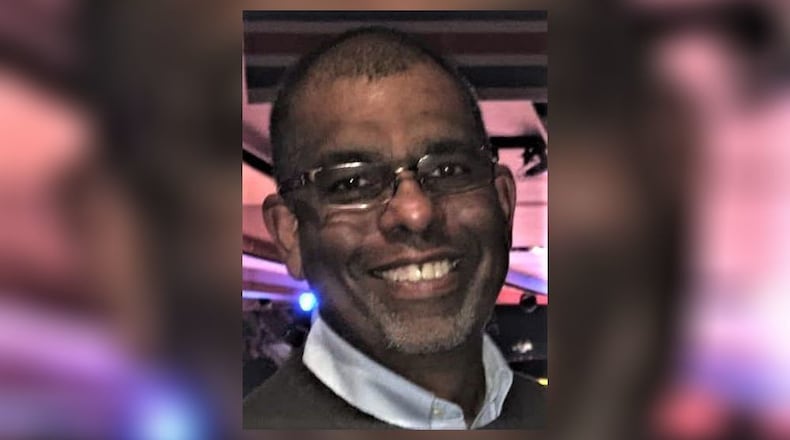Not just a little misunderstood. A whole big bunch misunderstood.
They’ve heard the criticisms. They’re lazy. They’re disconnected. They’re out of touch.
I began thinking about how people see Gen Z after talking to a couple of Wright State students involved in a media internship. I was interested in how they thought people portrayed them and what they were really like. Here’s a small snippet of what they said:
Karsen Rhoades: I think our generation is pretty open-minded more than the older generation.
Jamie Naylor: I think it’s more that they just don’t agree with us. They don’t agree with our values and my beliefs.
I get that. And completely agree. There is a massive generation gap between older Americans and Gen Z, who were born between 1997 and 2012.
So what do they believe? And what are the implications for the country moving forward? Let’s take a look at what Pew Research found:
They’re more socially liberal, regardless of ideology. The views on race blew me away and gave me a little hope. For example, it’s no surprise that more than 80% of Democrats of all generations believe that Black people are treated unfairly in America. Among Gen Z Republicans, though, that number is 43%. That might not sound high, but check this out – that’s significantly more than Boomers (20%), Gen X (23%) and Millennials (30%).
Here’s another shocker: Most members of Gen Z want bigger government. Seven out of 10 say they want the government to take a more active role in solving society’s problems – including half of Republicans.
Here’s another couple of hot button issues. Nearly 50% say same-sex marriage is good for society. On the issue of gender, some 35% say they know someone who uses gender-neutral pronouns, and they want forms, like credit applications, that ask for gender to include more than “man” and “woman.”
What does all this mean? Simply put, these young people will be at the forefront of a changing America.
Think of it this way. Baby Boomers, born between 1946 and 1964, changed society and culture. It was the first generation that grew up with television, began the exodus from cities to suburbs, and grappled with civil rights changes that not everyone liked. They also self-identified as more conservative in views and beliefs and helped usher in the Reagan conservative revolution. That revolution continues today – boomers hold 230 seats in Congress and 68 seats in the Senate, the most of any age group.
Boomers also worked in an era in which 30 years at one company that offered a pension could provide life-long membership in the middle class, especially when you consider social security.
Gen Z is poised to make similar changes at a time the country is undergoing a seismic societal shift. This generation – again, regardless of ideology – embraces diversity and immigration as the country moves to become a majority-minority country within the next 20 years.
By extension, that means we’ll see more people of color and the LBGTQ+ communities engaged at all levels of society. Hopefully, it means they’ll replace some of the old, power-hungry, system-rigging politicians (I’m looking at you, Ohio) with a spirit of cooperation and debate.
We’ve already seen the impact this generation has on the work world. While they pride themselves on a job well done – just like boomers – they don’t have the work-at-all-costs mentality. They value free time to explore the issues important to them and don’t understand why you can’t do a job at home instead of in an office. And they’ll change jobs quickly if they find one that’s a better lifestyle fit.
If Pew is right, Gen Z will usher in a more moderate, understanding society that embraces people regardless of what they look like or how they identify. They want to find solutions to society’s problems and not waste energy bickering.
They can be, to this generation, what boomers were to theirs: A driving force for change to make us better,
Ray Marcano is a long-time journalist whose column appears on these pages each Sunday. He can be reached at raymarcanoddn@gmail.com

